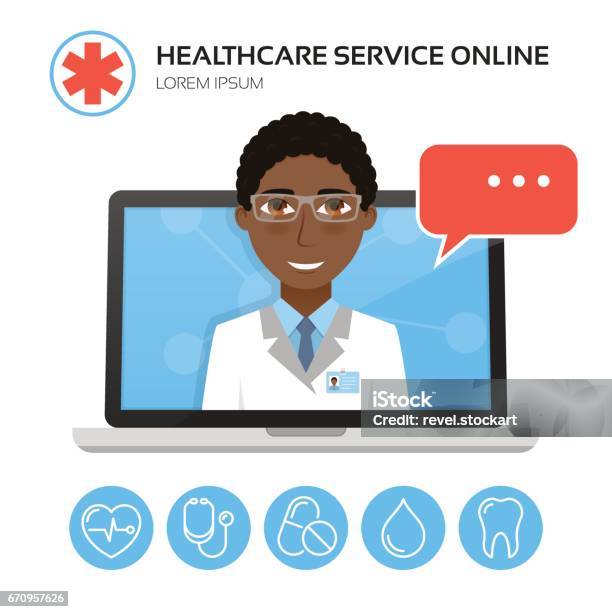Unlocking the Keys of Subscription Based Healthcare for Better Patient Outcomes
Unlocking the Keys of Subscription Based Healthcare for Better Patient Outcomes
Blog Article
Recognizing the Cost-Effectiveness of Subscription-Based Healthcare Designs
As the healthcare landscape progresses, subscription-based designs emerge as an engaging alternative, guaranteeing to redefine just how people take care of medical expenditures. Reviewing these designs' cost-effectiveness demands a nuanced comparison with typical insurance policy, considering both financial ramifications and person satisfaction.
Overview of Subscription-Based Versions
Subscription-based healthcare models, sometimes referred to as direct key treatment or attendant medication, are significantly acquiring focus as a possible remedy to inefficiencies within traditional healthcare systems. These designs operate the concept of offering individuals straight access to doctor via a regular monthly or yearly fee, bypassing the requirement for traditional insurance devices. This setup intends to simplify patient-provider communications by lowering management burdens, which usually prevent tailored and prompt care.
At the core of subscription-based versions is the emphasis on a much more tailored person experience. Patients benefit from enhanced access to their physicians, usually including next-day or same-day visits, expanded examination times, and direct communication networks such as phone or video calls. This design fosters a proactive approach to health care, where clients and providers can collaboratively concentrate on preventative care and persistent condition monitoring.

Expense Comparison With Traditional Insurance Policy

One of the primary financial advantages of subscription models is transparency in prices. Alternatively, typical insurance policy might be extra helpful for individuals requiring specialized care or pricey therapies not covered under a subscription version, as they benefit from the broader coverage network and cost-sharing systems.
However, cost-effectiveness is context-dependent. While registration versions may provide savings for those mostly needing health care, people with persistent conditions or specialized healthcare demands might find conventional insurance more comprehensive. Assessing details healthcare requirements and prospective usage is crucial in determining the most economical choice for individuals.
Effect On Client Complete Satisfaction
Client fulfillment within subscription-based health care designs typically reflects a significant enhancement over conventional insurance policy systems. Unlike standard systems, where individuals could experience hold-ups in receiving treatment, subscription-based versions make certain more timely and straight communications with health care service providers.
Additionally, the transparency in costs related to subscription-based medical care reduces the typical aggravations associated to unanticipated fees and complex payment procedures seen in conventional insurance (subscription based healthcare). Clients appreciate knowing the specific monetary commitment upfront, leading to increased count on and self-confidence in their medical care management
Additionally, the emphasis on preventive treatment and health in membership designs contributes to enhanced health results, additionally improving individual fulfillment. By concentrating on recurring health and wellness upkeep as opposed to anecdotal care, individuals experience a more continual and holistic medical care trip.
In addition, the enhanced provider-patient partnership fostered in these versions, identified by even more time spent per individual and personalized interest, plays an important role in boosting client contentment degrees, as clients feel genuinely taken care of and comprehended.
Service Provider Perspectives and Experiences
From the copyright's perspective, subscription-based medical care models provide a transformative technique to supplying medical solutions. These versions emphasize a preventative and positive medical care strategy, permitting service providers to concentrate on thorough individual care without the constraints of standard fee-for-service setups (subscription based healthcare). This change in emphasis commonly results in enhanced patient results and raised company satisfaction, as medical care professionals can assign more time and resources to individual interaction and customized care plans
Furthermore, registration versions facilitate foreseeable revenue streams, which boost monetary security for healthcare suppliers. This predictability permits improved source preparation and allocation, adding to a much more reliable healthcare distribution system. Companies can purchase personnel technology, training, and framework improvements, consequently improving the quality of care supplied.
Nevertheless, the transition to subscription-based versions is not without challenges. Suppliers need to adjust to new operational frameworks, which can involve considerable adjustments in invoicing techniques and person monitoring systems. Additionally, there is an inherent demand for robust data management to track client outcomes and make sure top quality treatment. Regardless of these hurdles, many companies locate that the benefits of raised person interaction and structured procedures outweigh the initial difficulties, making subscription-based versions an eye-catching choice.
Future Prospects and Difficulties

A main challenge is regulative conformity, as membership designs must comply with progressing medical care policies and insurance demands. This necessitates continual adjustment and development to make sure alignment with legal requirements. In addition, integrating these designs right into existing medical care frameworks can be intricate, requiring substantial investments in technology and training.
There is additionally the potential danger of creating injustices in healthcare gain access to, as membership designs may prefer those who can afford them, leaving prone populations underserved. Resolving this requires thoughtful consideration of pricing techniques and aid devices to ensure inclusivity.
Final Thought
Subscription-based health care models present a sensible choice to typical insurance by supplying monetary predictability and transparency, particularly benefiting people with chronic conditions or frequent health care requirements. The cost-effectiveness of these models rests upon private medical care usage patterns and conditions. While they may enhance person contentment and improve budgeting, obstacles continue other to be in dealing with specialized treatment needs. Future factors to consider include stabilizing comprehensive protection with affordability and incorporating these models within the wider health care system for optimal end results.
Subscription-based medical care models, in some cases referred to as direct key treatment or concierge medication, are significantly obtaining focus as a potential service to inefficiencies within conventional healthcare systems. Unlike conventional systems, where people may company website experience hold-ups in receiving treatment, subscription-based versions ensure even more timely and direct communications with health care suppliers.
These models highlight a preventative and aggressive healthcare strategy, permitting providers to concentrate on thorough patient care without the restraints of typical fee-for-service plans. As these versions proceed to get grip, they supply the prospective to reinvent patient access to care, improve solution you can try these out delivery, and optimize medical care spending.Subscription-based health care models offer a practical choice to traditional insurance coverage by supplying monetary predictability and openness, especially benefiting individuals with persistent conditions or frequent healthcare needs.
Report this page